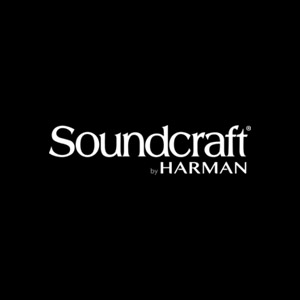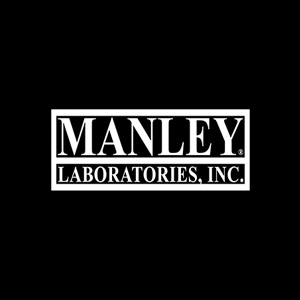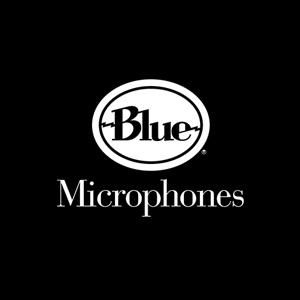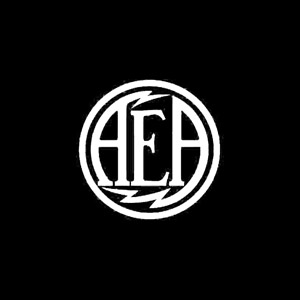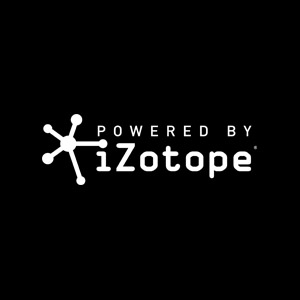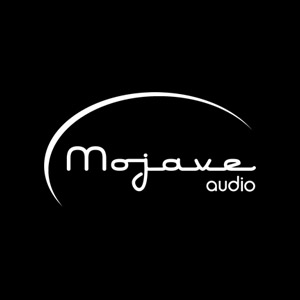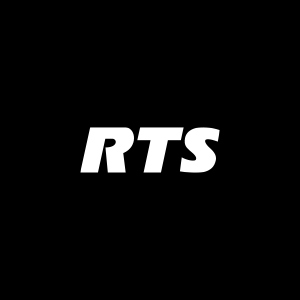5 Things I Learned About Being On Tour From the Front-Of-House Engineer for Paramore

There’s something energizing about seeing an entire concert being assembled from load in to sound check — especially if you are there to watch and learn as a student.
A handful of CRAS students got the opportunity to observe this process for the Monumental Tour with Paramore and Fall Out Boy at the Ak-chin Pavilion with special guests New Politics. I’ve learned this tour has been a long awaited tour for fans of both Paramore and Fall Out Boy.
Students were given the opportunity to see and learn from the Front of House engineer for Paramore, Eddie Mapp, a CRAS graduate. They got to see the process of an entire show being loaded in and set up for the upcoming evening’s performance.
#1 SETTING THE STAGE
Whether you’ve been to a concert or worked backstage at one, nothing is cooler than seeing the end result of a hard day’s work. One of the things our students learned about load in and set up is that it’s a very well oiled machine. Every person and piece of gear has it place.
Semi trucks are unloaded, the entire contents of the lighting, stage set, instruments and sound gear are loaded in (or onto the stage) and set up within a small amount of time. Our student learned that most days, unlike today, this process normally takes 1 hour and 40 minutes from start to finish.
CRAS students were able to see Paramore and Fall Out Boy’s entire stage and lighting set up and sound checks for both.
#2 NOTHING EVER GOES AS PLANNED
Set up today took a bit longer than the crew would have liked. During this stop on the tour, there were issues with the PA system. Eddie explained to the students that sometimes venues have weight restrictions that require for the PA system to be changed to accommodate the requirements. Not only did they have issues with their system being too heavy, the stage was not as in depth as most they have played on so the entire system was not able to be set up as planned. Thus, creating a change in the stage set for the band. But this crew adapted quickly to adjust the system to get it up and running so that the audio crew could get started.
#3 DIFFERENT CITY, DIFFERENT VENUE, BEING ABLE TO ADAPT IS KEY
Even though the tour is starting to wind down for the summer, no day on tour has been the same for Eddie. Students were able to learn about how important it is to adapt the venue you are in and how important your tools, such as SMAART are in being able to make this mix for the fans, just as great as the night before. Not only did the students get to observe the set up of front of house, but they got to question Eddie and FOB’s FOH engineer on venues and consoles. After Paramore’s sound check, the students were able to approach the console and ask Eddie questions one on one.
#4 THERE ARE MANY JOBS TO FILL ON TOUR
Who knew that there at times up to 20 people on a single tour, just as support staff for Paramore and Fall Out Boy.
As we met people during the set up for the evening’s performance, we learned of many different jobs that people held on the tour. Riggers for lighting and set design, stage hands, production assistants, guitar and bass technicians, monitor engineers, production managers, lighting designers, tour managers, personal assistants, fitness trainers and last but certainly not least, front of house engineers.
All of these roles are important to the keep the tour going in a manageable fashion. Understanding your role on tour and contributing your part not only makes the tour better, but also can lead to networking opportunities for yourself. As a CRAS student, you learn how key networking can be to further your career. Many of the people on a crew are able to find other work on tour by doing a great job and networking with people they meet on tour.
This is a great place to see the necessary skills that are needed for jobs in the audio industry. www.onetonline.org/link/summary/27-4014.00
#5 MIXING FOR A LIVE SHOW IS LIKE PAINTING ON A CANVAS
Eddie explained to our students, how every show is like a white empty canvas and that each night while mixing for a live show he gets to paint that canvas for the crowd. I think this is the one thing our students could relate to with the day’s experience is that mixing audio is a passion. In order to make audio engineering a career you have to find the passion in it and the art it allows you to bring to life.
Being able to spend the day with Eddie was a humbling experience for myself and the students. His laid back vibe allowed the students to feel comfortable with asking questions ranging from his console set up, his sound check run through to the style of mixing he does for certain types of genres he mixes for. I have a feeling with the time he spent with us, he ignited the passion in some of the students who were fortunate for the opportunity to be there.






